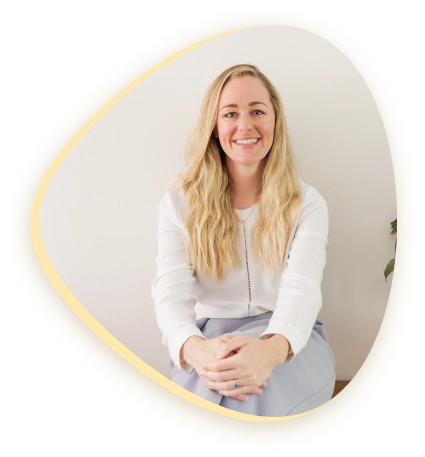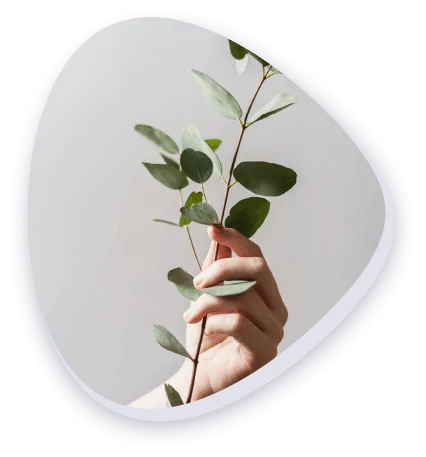When we talk about acne, one of the most common supplements people have tried is zinc
There is some great research on the effectiveness of zinc. However, the type you take, when and how you take it and if you actually have a deficiency are all aspects you need to consider if you want to take it and if it will help your skin.
Zinc is a mineral that plays an important role in maintaining healthy skin.
It is an essential nutrient that helps in the production of collagen, a protein that gives skin its elasticity and strength. There are also anti-inflammatory properties that can help to reduce the redness and inflammation associated with acne. It also can help to regulate the activity of the oil-producing glands in the skin, which can reduce the risk of acne.
Top ways to get zinc for the skin:
- Topical creams and gels: These are available over the counter or by prescription and can be applied directly to the skin.
- Oral supplements: Supplements can be very helpful if you have a deficiency. As an Acne Naturopath, we focus on natural supplements, along with diet and creams to help improve your skin.
- Diet: Eating foods that are rich in zinc such as oysters, beef, pork, chicken, beans, nuts, and whole grains.
It’s important to note that excessive zinc can lead to a copper deficiency which can lead to a variety of health problems. Copper is really important for nerve health, immunity and making healthy red blood cells.
Properties that make it beneficial for treating acne:
- Anti-inflammatory properties can help to reduce the redness and inflammation associated with acne.
- Antibacterial and antimicrobial properties can help to kill the bacteria that cause acne.
- Regulates the activity of the oil-producing glands in the skin, which can reduce outbreaks
- Supports wound healing: Zinc is essential for the production of collagen, a protein that is important for skin health and wound healing. This means that zinc can help to heal acne scars and promote healthy skin.
Studies have found that people with acne tend to have lower levels of zinc in their blood than people without acne. While zinc is not a cure for acne, it can be a helpful addition to a comprehensive acne treatment plan.
Foods sources
Oysters: Oysters are considered one of the best dietary sources with five oysters meeting your RDI.
Beef and Pork: A 3-ounce serving of beef containing about 7mg of zinc, and a 3-ounce serving of pork containing about 4mg.
Chicken: Chicken is also a good source of zinc, with a 3-ounce serving containing about 2mg.
Legumes: Legumes such as beans, lentils, and chickpeas
Nuts and Seeds: Nuts and seeds like pumpkin seeds, sesame seeds, and cashews
Whole grains: Whole grains like wheat, quinoa, and oats
Dairy products: Milk, yogurt, and cheese.
Absorption and needs
It’s important to note that the bioavailability of zinc from plant-based sources is lower than from animal sources, so vegetarians and vegans may need to consume slightly more to meet their needs.
It’s important to note that certain factors can affect the absorption in the body, such as phytates found in grains and legumes, which can bind and reduce its absorption. It’s recommended to combine zinc-rich foods with sources of vitamin C which can enhance absorption.
There are several different forms available, including:
- Zinc gluconate: This is a common form used in supplements and is well-tolerated by most people.
- Zinc citrate: This form is highly absorbable and may be a good option for people who have difficulty absorbing other forms.
- Zinc picolinate: This form is also highly absorbable and may be a good option for people who have difficulty absorbing other forms.
- Zinc oxide: This form is often used in topical creams and lotions and may be helpful for treating acne and other skin conditions.
Important things to note
It’s important to note that taking too much zinc can be harmful, so it’s best to consult with a healthcare professional before taking any supplements. The recommended daily intake for adults is 8-11 milligrams for women and 11-15 milligrams for men. Additionally, taking zinc supplements on an empty stomach can cause nausea and other gastrointestinal symptoms, so it’s generally recommended to take with food.
If you are unsure what your skin needs, or where you start to support your hormones, you can make time here to chat about how I can help you understand your body and what you need to clear your skin.


